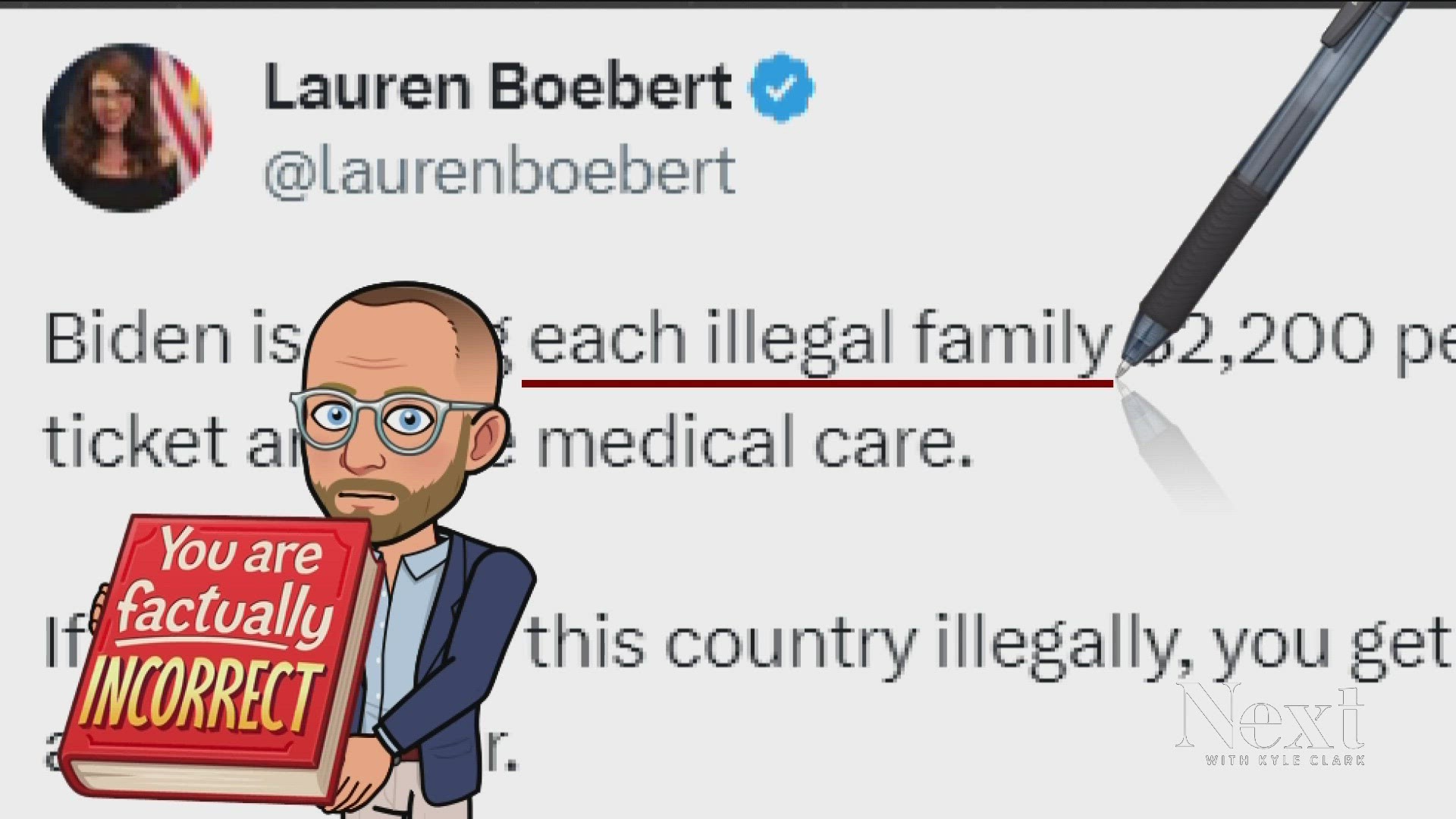A new political ad on Colorado’s airwaves aims to convince you that raising cigarette taxes is a bad idea.
The No on Amendment 72 campaign says a lack of specificity in the amendment -- which would raise about $315 million a year (more than double what the state makes in tax on recreational marijuana) – allows special interests to “misuse our constitution and our tax dollars.”
That’s a bold claim, but is it true?
CLAIM: “We don’t even know where much of the money is going.”
VERDICT: Misleading
Amendment 72 has a specific plan for the money it will raise, with language in the law dividing all of the money into seven distinct categories of spending for things like helping people quit smoking, researching the effects of smoking on Alzheimer’s and veteran services.
The amendment spells out what the money will be used for. It just doesn’t specify who will use it.
The ad bases its claim on the fact that much of the money would be awarded to researchers through competitive grants. Since this money hasn’t been collected and there is no grant yet to apply for, it’s impossible to say what exact research outfit might get the money—but that doesn’t mean the ballot question is void of specific rules for spending the money, as the ad would have you believe.
The amendment creates parameters for what programs and causes the money will fund, and it directs the Colorado Department of Public Health and Environment to create grant applications for the different spending categories.
That’s standard practice when a government plans to partner with the private sector. Lawmakers avoid naming specific charities or research facilities in law because that’s considered patronage, whereas competitive grants are meant to reward the most worthy or promising projects with funds.
Here’s where all the money will go, as it will appear in the official state voter guide:
CLAIM: “Allowing special interests to misuse our constitution and our tax dollars.”
VERDICT: Speculation
The implication here is that organizations or “special interests” could influence the grant creation process to benefit themselves.
That’s possible anytime a government sets out to award money to the private sector.
However, Amendment 72 includes some guardrails that its creators hope will prevent that from happening.
For example, it directs the state to use the best practices currently employed by the federal government when it awards research grants.
It says that veteran nonprofit groups in the state need to be consulted to “determine service priorities and develop the grant-making process.”
And it aims to make the spending open to public scrutiny, requiring the state to publish a list of every group that gets grant money each year “on an easily identified portion of the General Assembly’s website.”
While it doesn’t affect our verdict above, the warning about “special interests” also introduces a pot-and-kettle element to this ad. While we don’t know what special interests might be lurking in the Alzheimer’s research community, we do know who’s behind the No Blank Checks in the Constitution campaign: Altria Client Services, a subsidiary of Altria (formerly Phillip Morris,) which is one of the world’s largest tobacco companies.
The company is the no on 72 campaign’s only donor, and it cut a nearly $700,000 check this summer.
BOTTOM LINE: The ad is selling a narrative that the Amendment 72 will raise lots of money without a specific plan for how to spend most of it. That doesn’t ring true.
If you’re undecided on the tobacco tax increase, you’d be better off looking at the actual spending plan and the size of the tax—and deciding whether you think it’s a good idea or not.


